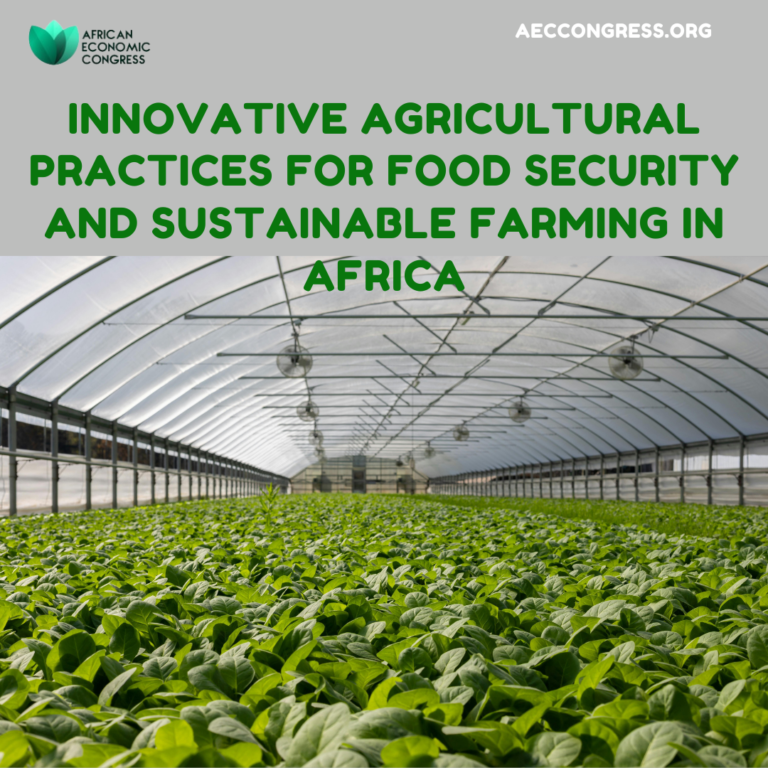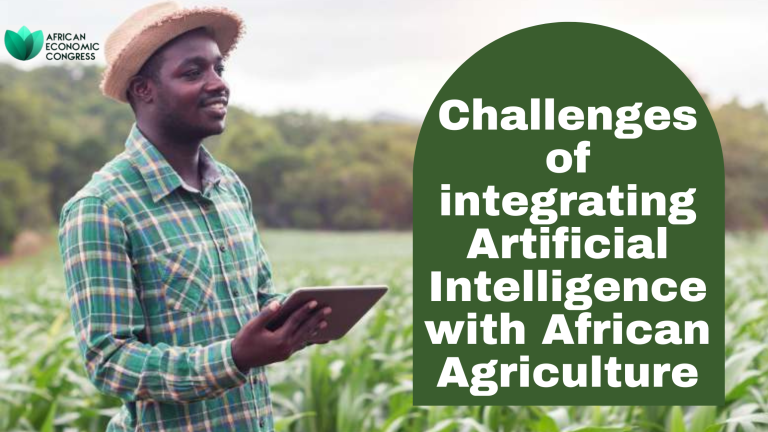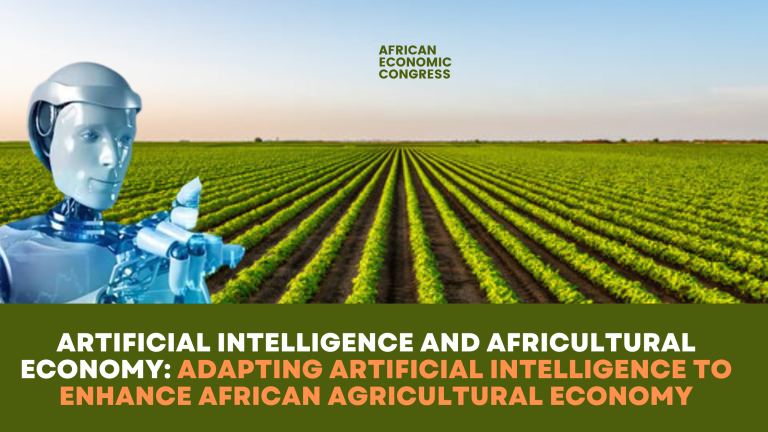Agriculture remains the backbone of African economies, employing over 60% of the continent’s population. Despite its significance, the sector faces numerous challenges, including climate change, soil degradation, limited access to technology, and inadequate infrastructure. As Africa’s population continues to grow, it is essential to adapt and transform the agricultural sector to address immediate food needs and establish long-term agricultural resilience and environmental sustainability.
Below are some innovative agricultural practices that can help reshape the future of African agriculture:
Climate-Smart Agriculture (CSA)
Climate-smart agriculture is an approach aimed at increasing agricultural productivity and reducing carbon emissions. Given Africa’s unpredictable weather patterns, which often lead to floods and damage to agricultural products, integrating CSA will help farmers overcome climate-related challenges. Key CSA practices include:
- Water conservation: Techniques such as rainwater harvesting and drip irrigation improve water efficiency, especially in arid regions.
- Drought-tolerant crops: Growing drought-resistant varieties such as millet, sorghum, and specific maize cultivars can help secure harvests in water-scarce areas.
- Agroforestry: The integration of trees into farming systems enhances soil quality, improves water conservation, and reduces soil erosion.
Vertical Farming and Hydroponics
Vertical farming and hydroponics are innovative farming systems that can boost agricultural productivity in Africa. These methods focus on effective space management and productivity improvement:
- Proper resource utilization: Vertical farming reduces water usage by up to 90% compared to traditional farming methods, making it ideal for areas with limited water supplies.
- High productivity: Vertical farming and hydroponics are highly efficient, enabling the growth of a large amount of agricultural products in small environments.
Conservation Agriculture (CA)
Conservation agriculture helps reduce soil disturbance and enhances soil fertility, which improves overall agricultural productivity. Key components of this system include:
- No-till farming: Avoiding ploughing preserves soil structure, reduces erosion, and allows moisture retention.
- Cover crops: Growing plants that protect the soil, prevent erosion, and improve its health and stability.
- Diverse cropping systems: Crop rotation prevents soil degradation, reduces pest build-up, and boosts biodiversity.
Conservation agriculture improves soil fertility, enhances crop productivity, and helps farmers cope with environmental challenges.
Digital Agriculture and Precision Farming
Integrating digital tools and precision farming techniques can significantly reform African agriculture. With the increasing availability of smart devices and internet access, farmers can efficiently monitor and manage their farms with minimal energy waste. Precision farming technologies such as drones, satellite imaging, and GPS enable farmers to optimize resource use and monitor crop health effectively. Digital tools allow farmers to measure soil moisture, fertilizer needs, and water use with precision, reducing waste and boosting productivity.
Innovative agricultural practices are critical for ensuring food security and sustainable farming in Africa. Climate-smart agriculture, vertical farming, conservation practices, digital technologies, and agri-tech startups are transforming how food is produced, managed, and consumed across the continent.



